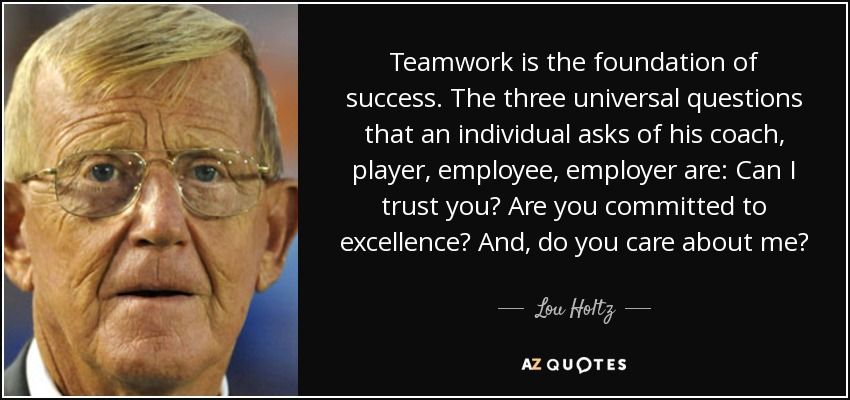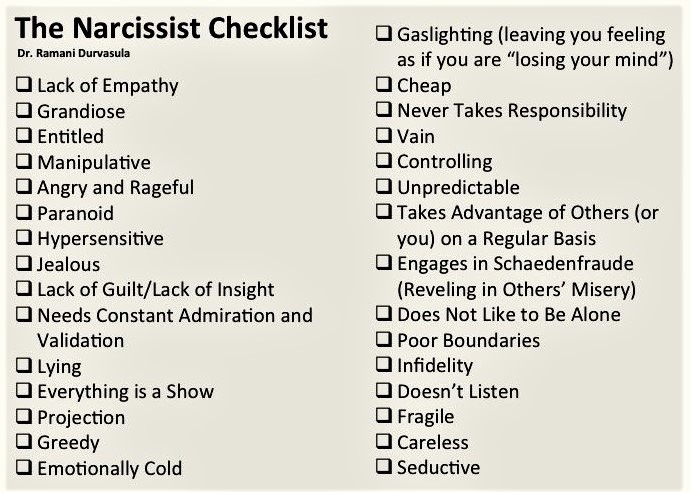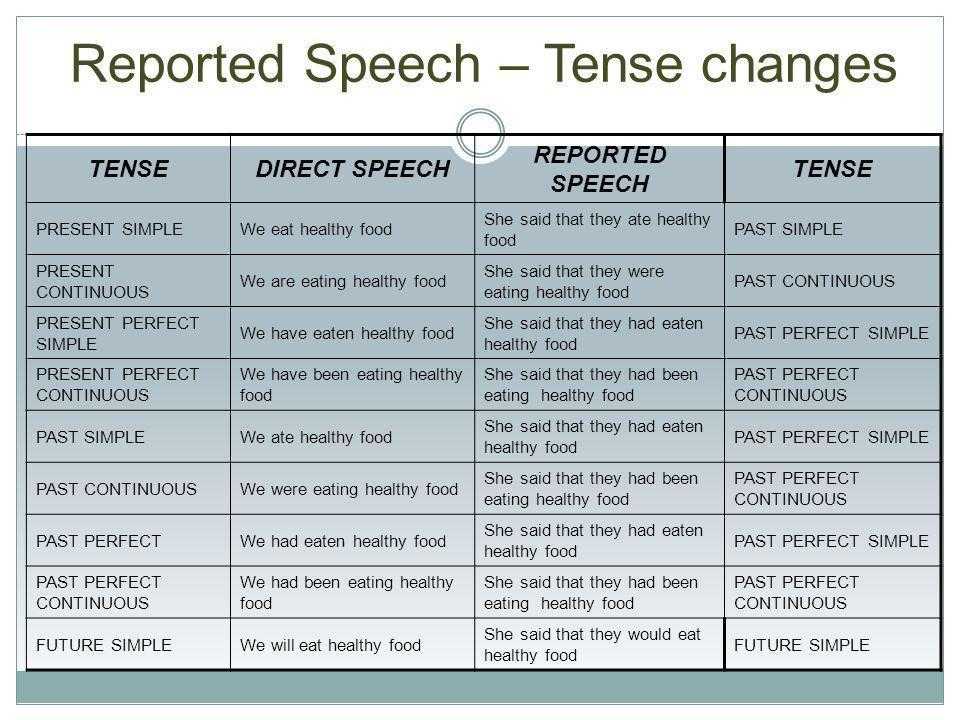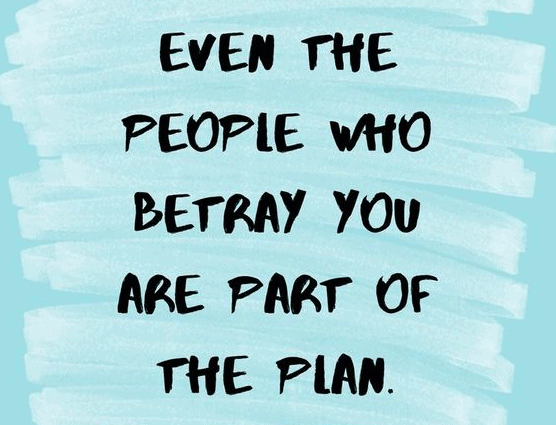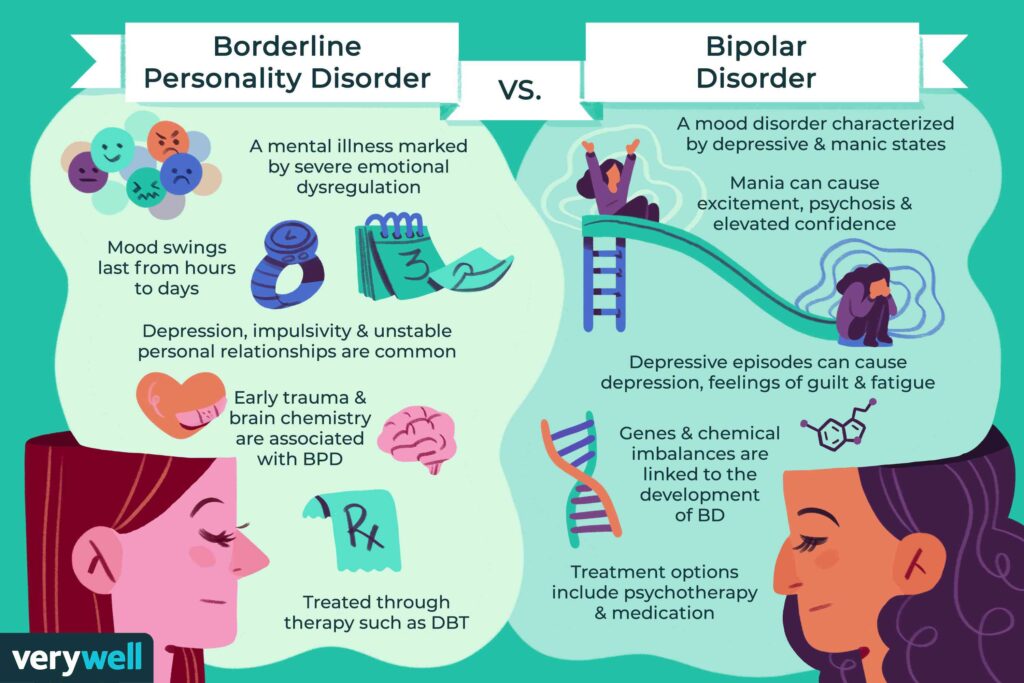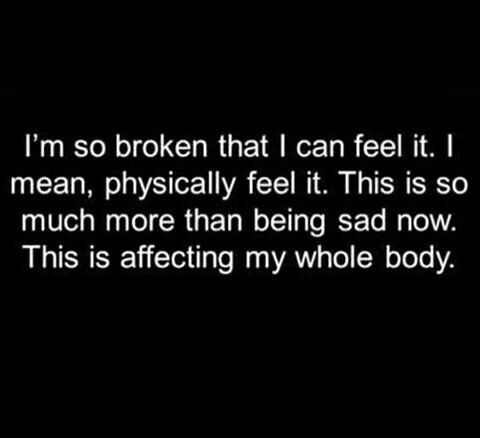How to tell someone no politely
How to Say "No" Politely - 80 Different Ways
Let’s practice phrases you can use to say “no” politely and save your time – phrases start at 3:08. Learn about the Lingoda Marathon at 7:20. The Marathon is now closed, but you can join regular Lingoda lessons here.
Why Saying No is Difficult but Important
Saying “no” can be really difficult because you don’t want to upset people. You might be worried about what they will think of you or how they will react. Maybe you’ll lose their favor.
I know, I’ve had this problem too before. Sometimes I just don’t want to say “no” because I’m afraid how the other person will react. It’s scary to think that the person won’t like you anymore or be upset with you. However, saying “no” can sometimes be the kindest and best thing you can do!
But, think about this — if the person is really your friend, they’ll understand! In other words, if it’s meant to be, it will be.
Keep in mind too that your time is extremely valuable. Learn to guard it and save it for the things you really want to do. When you say “no” to something that you don’t really want to do, you are giving yourself the freedom to spend your time doing something you really love, or maybe to be available for new opportunities!
It’s ok to say “no,” especially if you learn how to say it in a clear and kind way. People will respect you even more when you can give them a straightforward answer.
If you feel especially hesitant or shy when speaking English, it might be a good idea to build your confidence with this lesson – 3 Ways to Improve Your Confidence in English
Different Ways to Say No and When to Use Them
Saying “No” to an Invitation or Offer
- I appreciate the offer, but I can’t.
- I’m honored, but can’t.
- I’d love to, but I can’t.
- I appreciate the invitation, but I am completely booked.
- Thanks for thinking of me, but I can’t.
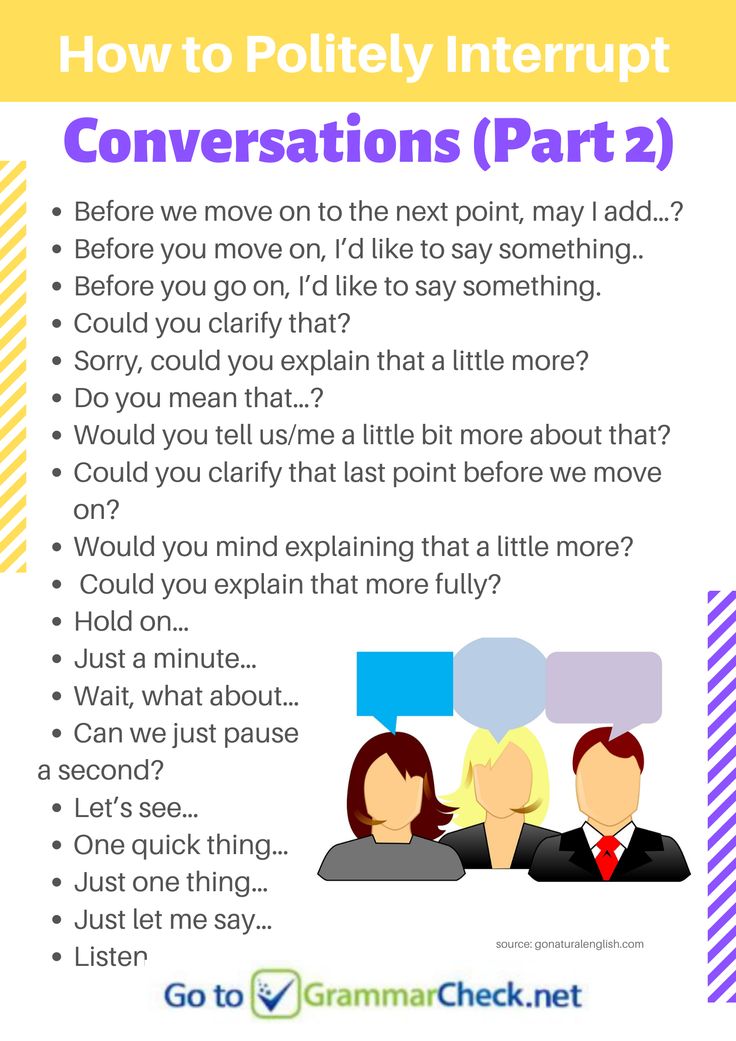
- Regrettably, I’m not able to.
- You’re so kind to think of me, but I can’t.
- No thank you, but it sounds lovely.
- Thanks for the offer, but I can’t.
- Thanks, but Maybe another time.
- I’m flattered you considered me, but unfortunately I’ll have to pass this time.
- Sounds great, but I can’t commit.
- No thank you, but it sounds lovely.
- Thanks, but no thanks.
Phrases to Say “No” When You Don’t Have the Time
- I’m just swamped right now, so I can’t.
- I’m not able to make it this week/month/year.
- Perhaps next season when things clear up.
- Ask me in a month.
- Circle back to me in a few weeks.
- I have a few things I need to take care of first. Can I let you know later?
- I’m really buckling down on my priorities right now, so I can’t.
- I’m really maxed out.
- It’s not feasible for me to take this on.
- Let me think about it and I’ll get back to you.

- I’m really spread thin these days, I just can’t take it on right now.
- I’ve got too much on my plate right now.
- I’m not taking on anything else right now.
- Bandwidth is low, so I won’t be able to make it work.
- I’m slammed.
- I’m at the end of my rope right now so have to take a raincheck.
- If only it worked.
- If only I could.
- I’m booked into something else.
- I’m not taking on new things.
- Another time might work.
- I really don’t have any openings in my schedule.
- I’m head-down right now on a project, so won’t be able to.
- I wish there were two of me!
- No thanks, I have another commitment.
- Sadly I have something else.
Ways to Say “No” When it’s Not Interesting to You or Not a Good Match for You
- It doesn’t sound like the right fit.
- I’m not sure I’m the best for it.
- I believe I wouldn’t fit the bill, sorry.
- It’s not a good idea for me.
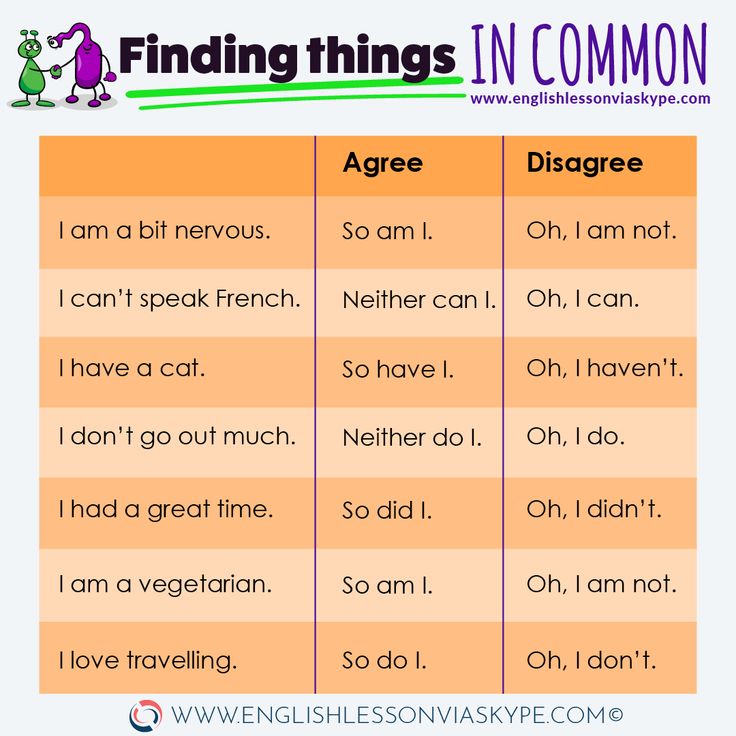
- I don’t think I’m the right person for that.
How to Say “No” for Any Reason at All!
- I wish I could make it work.
- I wish I were able to.
- I’d rather not
- I’m afraid I can’t.
- If only I could!
- No thanks, I won’t be able to make it.
- Not this time.
- Unfortunately, it’s not a good time.
- Unfortunately I can’t.
- I’d rather not.
- I wish there were two of me, but I can’t.
- I have something else. Sorry.
- Apologies, but I can’t make it.
- Maybe another time.
- I would if I could, but I can’t.
- I’d love to — but can’t.
- Darn! Not able to fit it in.
- Rats! Would’ve loved to.
- I’ll need to bow out.
- I won’t be able to
- I really shouldn’t.
- Sorry, I can’t
Saying “No” Casually – Less Politely
- Mm-Mm
- I’m all set.
- I’m good.
- Not right now.
- Naw
- No way, Jose.
- No can do
- Nah
- No
- Nope
- Not possible.
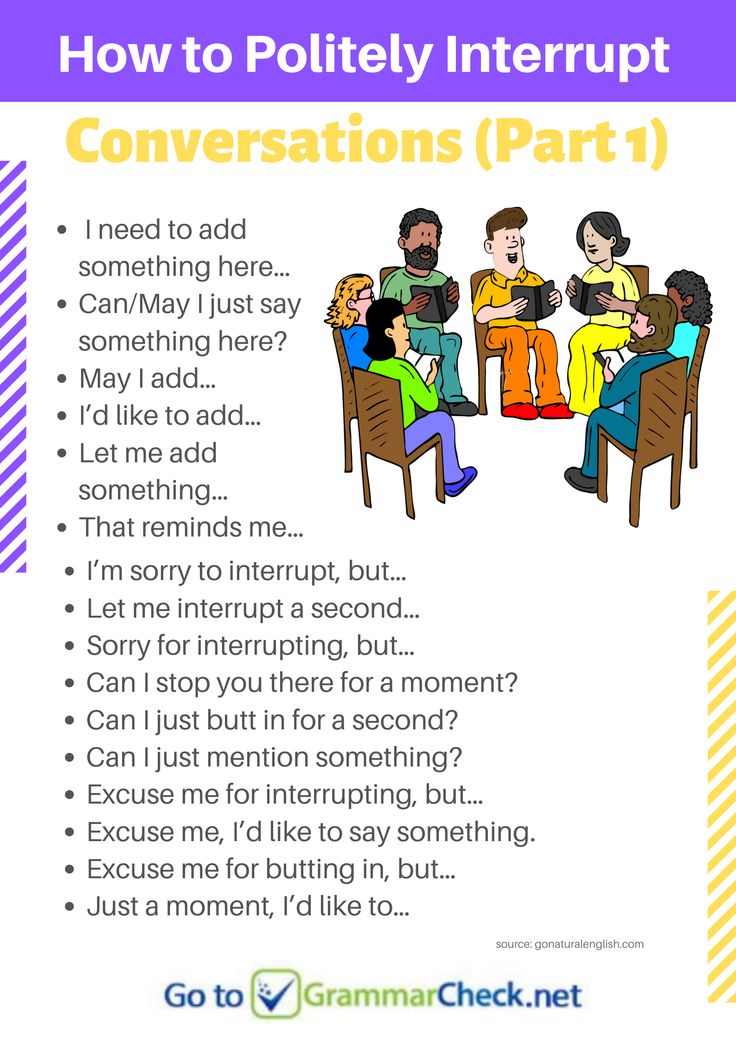
- Heaven’s* no!
- Never.
With all of these ways to say “no” politely, I suggest that you choose a few favorites to practice, memorize, and use the next time that you would rather not commit to doing something!
Before you go to another English lesson, are you looking for an organized, clear way to improve your English? Would you like to know when you’re making a mistake? Click here to get information on our complete English course, Fluent Communication, and learn when we will open it again for new students.
How to Say no Politely – 6 Tips for Professionals
Buffet got it right when he claimed that saying no is what makes you successful. Denying little requests opens up your schedule to say yes to the right opportunities. The ones that make a change in your career and that matter to you.
If you decided to click on this article, you most likely have your inbox filled up with messages of colleagues asking you to give feedback for their work, team members wanting your support in their newest project, or cold pitches by salespeople that tell you to jump on a call with them.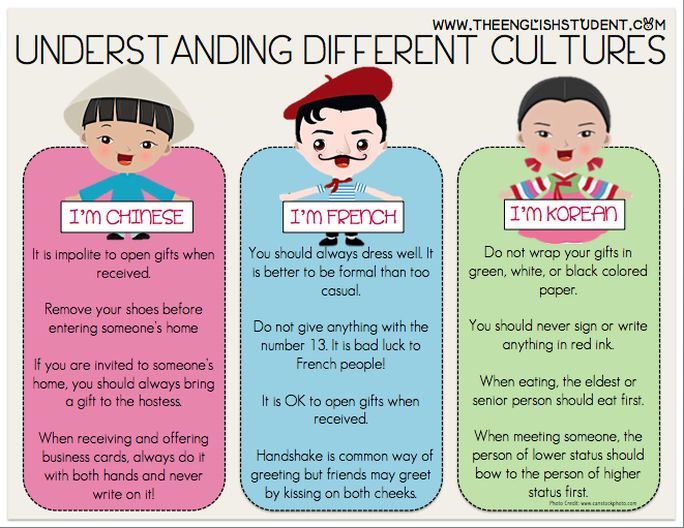
But straight up saying no can feel hard because you do not want to harm your reputation. No one wants to be the "difficult boss", "unreliable co-worker" or unapproachable. This kind of image can damage your career prospects.
Saying no does not have to be hard. We collected six ways for you to decline a request professionally and politely. You'll learn how to finesse your tone to make a good impression, even when you have to disappoint someone. If you're looking to boost your email efficiency, use Flowrite to send rejection emails in no time:
When to say no?
Before we go deeper into the tips, let's look into when it makes sense to say no. Adam Grant had to learn the hard way whom he offers support to - and which offers he chooses to decline.
The American psychologist wrote a book about givers' surprising success: people who consistently help others with no strings attached. After the New York Times magazine ran a cover story about his book Give and Take, his email inbox filled up with requests from people that asked Grant for all kinds of support.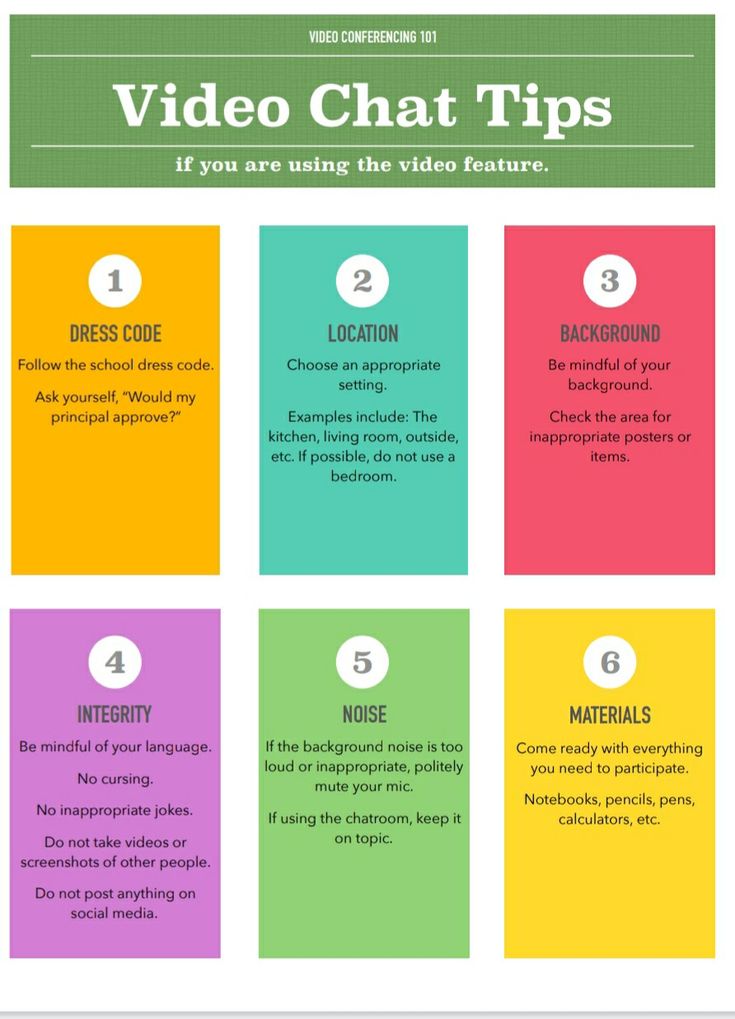
As much as Grant might have wanted to help all of them, he had to learn the hard way that he can't. He realized that being a giver did not mean being a people pleaser.
Each yes comes with the cost of saying no to other chances, including your free time and relaxation. To achieve work-life balance and be great at your job, you have to learn to say no to tasks, projects, and even opportunities that may not align with your short- and long-term goals.
When you need to decide if you want to say yes or no to an opportunity, ask yourself: Am I closing the door on something, or am I opening the door for better opportunities?
How to politely decline – 6 tips
1. Be concise and clear
"If you want something done, ask a busy person." This famous proverb shows how being a responsive worker who takes over tasks easily can lead you to requests piling up in your inbox. That's why it's so important sometimes to reject assignments and opportunities that are not top of your priority list.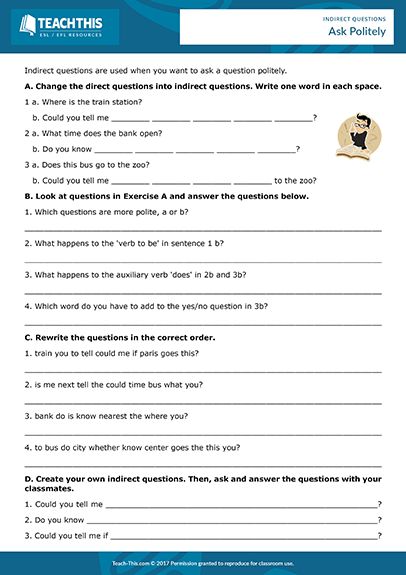
If you have to say no - be clear. You don't want to keep your counterpart wondering, especially if the task at hand is time-sensitive. Not even taking the time to sit down and decline in an email can seem thoughtless and can close the door for future collaborations (see tip 4).
But there's a difference between being concise and being rude.
To
Hi Jason,
Sorry I cant.
-M
To
Hi Jason,
Unfortunately, at the moment I don't have time to help you with this project.
I hope you find someone else to support you.
Sincerely,
Mike
Do you see the difference? Just a couple more words, and the tone is a lot more respectful while still giving a clear "no". This leads us to the second tip.
2. Kill them with Kindness & Be Polite
Some people are scared to seem "rude" or "unhelpful" when saying no.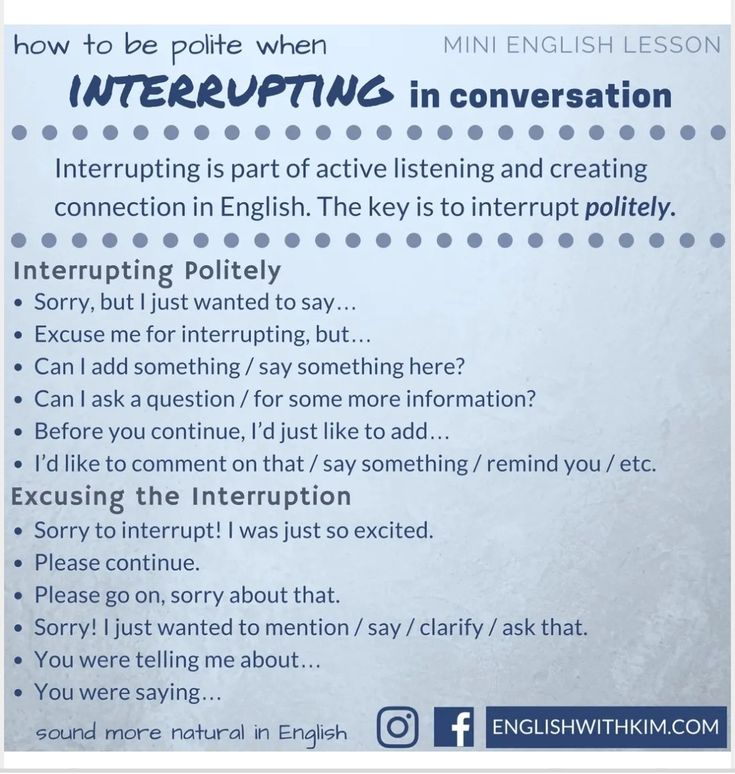 You can easily get that kind of reputation if you answer so fast and short that it comes off as harsh. But saying no can be graceful and even feel empowering to receive your message if you kill them with kindness.
You can easily get that kind of reputation if you answer so fast and short that it comes off as harsh. But saying no can be graceful and even feel empowering to receive your message if you kill them with kindness.
People want to feel seen and appreciated, even when you have to deny them their request. So let the other person feel good about themselves! You might have heard of a "shit sandwich" when giving feedback to an employee, but it also works perfectly when you have to say no.
A shit sandwich works simply: You start on a positive note "This sounds like an interesting event"), tell them the bad message ("But unfortunately I won't be able to attend as a speaker."), and end with kindness ("I'm sure you'll have a successful conference in any case!")
Some formulations you want to use to be kind & polite:
- Thank you for thinking of me.
- Sounds like a great project/event/idea, but this is not for us.
- I don't have enough time on my plate to offer you quality help.

- "Sadly" or "unfortunately"
3. Give your Reasons - but without giving an opening
You might want to explain to the other person why this particular weekend or week doesn't work. Providing a brief explanation can let the other person know that it's not neglect but that you are simply unavailable.
However, you don't need to feel compelled to offer your reasons if the person is a taker, aka someone who takes your arm when you give them a hand.
You want to keep your no as simple as possible with takers, not give them an opening to argue their way into your schedule.
To
Hi Lauren,
This week is, unfortunately, already full of tasks.
Andrew
To
Dear Lauren,
Thank you so much for thinking of me. Given my current workload, I'm unable to do a good job on your project, and my other work would suffer.
Thank you for understanding.
Best wishes,
Andrew
In the first version, you risk the other person trying to talk you into helping anyways ("If this week doesn't work, we can always do next week."). In contrast, the second one clearly closes the door. Another simple solution is to write, "I will let you know when and if I can."
It changes the power dynamic and lets you reach out to them when you have an opening instead of having them knocking on your door every day.
4. Keep the Door open
Sometimes you have to say no, so you can say yes at the right time. For example, you might have to say no to a project that doesn't fit your current career goals, so you can give an empowered yes when the right project ends up on your desk.
You don't want to burn bridges by declining an offer. A good relationship with your network is key in accelerating your career, so occasionally, you want to keep the door open when you say no. "I'm unavailable right now" or "I don't have the capacity at the moment" are simple phrases to indicate that you're open for a similar opportunity in the future.
Use these formulations with care because you don't want to give the other person false hope that your no could eventually turn into a yes. When your no is flexible and malleable, it can seem unreliable or dishonest. At the same time, it's reasonable to state that while the answer may be no today, things could change in the future.
5. Refer them to an Alternative
A simple referral can be a huge help for your counterpart. Introducing them to another person that can take over the job or that is even more suitable for the task can be worth taking your time, especially with people you work with long term.
Even suggesting another time in your own calendar can be a compromise you can agree on. If you get the same requests repeatedly, you can collect a document with your most common referrals (books, people, courses, etc.) to make it easier for you. If you want to learn how to connect two people, check out our blog post "How to introduce two people over email."
6.
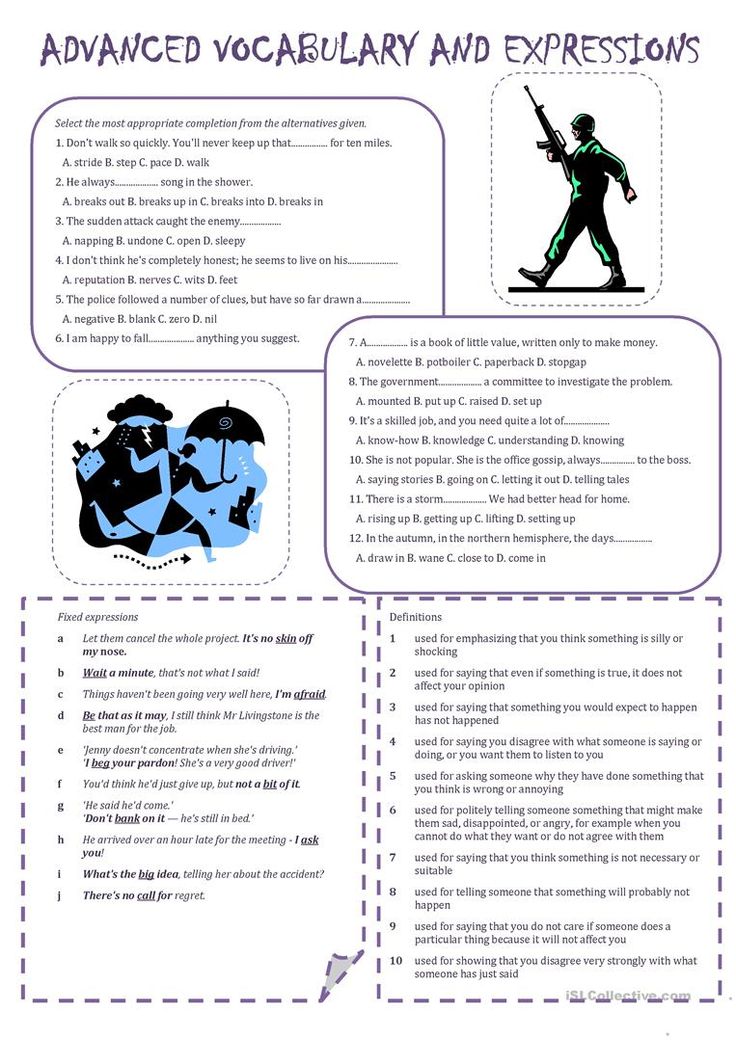 Understand people's strategies
Understand people's strategies"The pushy ones" usually get what they want in life. You might have experienced this yourself: You hired the freelancer who checked in again and again, not because they are better but because they were persistent.
People have their strategies to get what they want. If you want to avoid signing up for things that do not move you forward in your career or business, you need to be aware of these strategies - especially when it comes to sales.
Some of the most common strategies to get you to say yes:
- Urgency: "This offer expires at midnight and will never come back."
- Social Pressure: "Other people have donated X much."
- Free Offers: "Start your free trial."
When we understand them, we can also let go of our instant response of "well, in that case..." and analyze what is truly beneficial for us.
How to say no in any situation – 20 phrases
Sometimes you can feel lost for word when thinking about how to say no. When in doubt these phrases will help you to decline any request in a polite way, so it's good to keep these in your back pocket. Or bookmark this blog post.
When in doubt these phrases will help you to decline any request in a polite way, so it's good to keep these in your back pocket. Or bookmark this blog post.
Declining an offer or invite
- I appreciate the offer/invite, but I can’t commit.
- I’m honored by the offer/invites, but can’t.
- I’m flattered you considered me, but unfortunately I’ll have to pass this time.
- I appreciate the offer/invite, but I am completely booked.
- Thank you for thinking of me, but I can’t.
Saying no when you don't have time
- I’m not able to make it this week/month/year.
- I’m really buckling down on my priorities right now, so I can’t.
- I’ve got too much on my plate right now, I just can’t take it on right now.
- I’m at the end of my rope right now so have to take a raincheck.
- Sadly I have something else.
Saying no when your interests are not aligned
- It doesn’t sound like the right fit for me.

- Sorry, but I feel I wouldn’t fit the bill.
- I believe I’m not the right person for that.
- I’m not sure I’m the best for this.
- Unfortunately, it’s not a what I'm looking for.
Saying no without a specific reason
- I wish I could make it work.
- Unfortunately, it’s not a good time.
- I wish there were two of me, but I can’t.
- Maybe another time.
- Sorry, I can’t
How to say no politely with Flowrite
Let's be honest here: There are only that many hours in the day, and you do not want to waste it with crafting polite, yet concise, emails while leaving the door open for future collaborations. Writing emails faster is actually not that hard with new developments in artificial intelligence.
Yes, you can use all of these tips in your daily life, or you can spend your time more efficiently doing what really moves your career forward. Here's how you can use Flowrite to politely decline a request:
Feeling more comfortable about how to say no?
We hope that with these tips and examples you are able to decline request with confidence.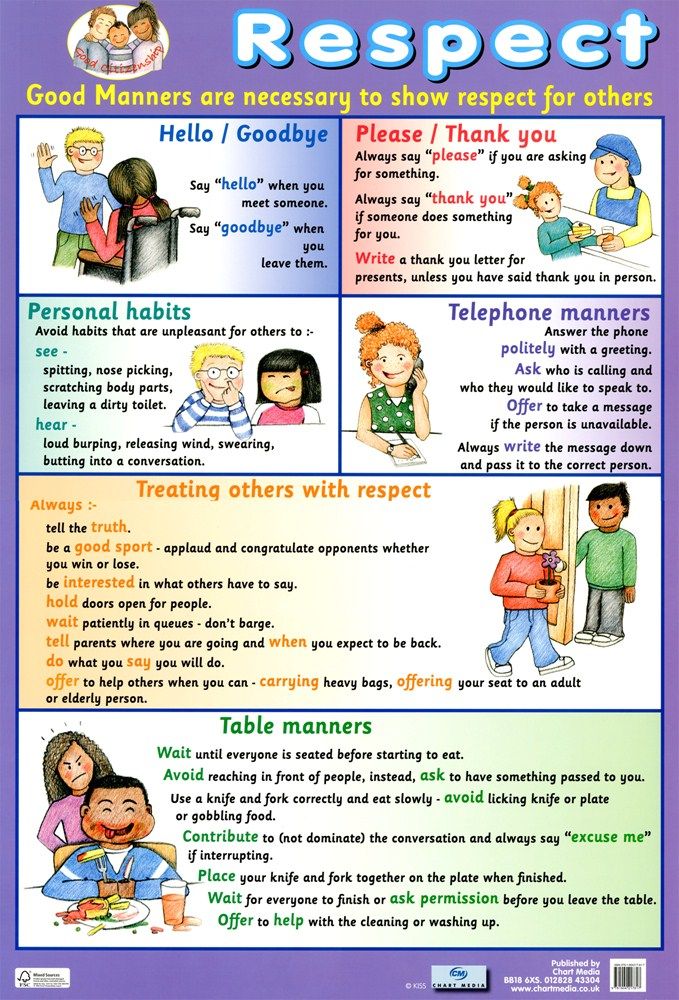
If you think we missed out on essential take on saying no politely, please let us know.
6 Ways to Say No without Guilt | by Lera Petrosyan
Photo source: PixabayWhat is easier: to say "yes" or to refuse a request? Saying “no” is sometimes very difficult, and it doesn’t matter if it’s a close friend or a casual acquaintance.
Fear of destroying relationships, being branded as an egoist or offending a person pushes to agree to any proposals. Even though we know exactly what we want or should be doing, we make time for other people's requests, unwanted invitations, or meaningless tasks.
In order not to wallow in unwanted obligations, not to be a guest of every empty event and not to suffer every time, agreeing to the next request, you need to learn to firmly say “no”.
How? Eric Barker turned to research and identified six points that will unburden your life of unnecessary “yes”.
You are asked for a favor, and it seems to you that if you say "no" you will be disliked.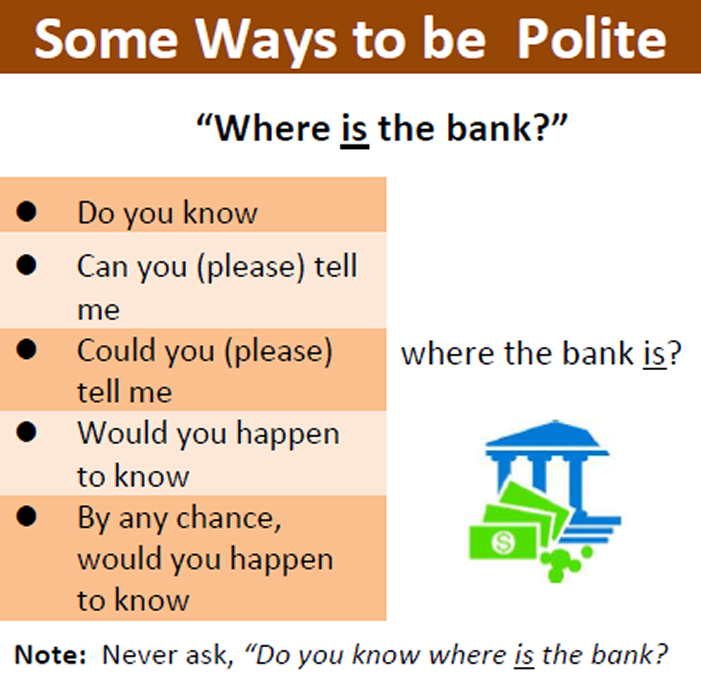 And you give in, even if you didn't want to at first. Surely everyone is familiar with this situation.
And you give in, even if you didn't want to at first. Surely everyone is familiar with this situation.
If you say “yes”, you will be disappointed in yourself, angry or offended by the applicant. Even if you had the opportunity to refuse him.
Research shows that such situations not only create a cycle of negative feelings, they actually damage relationships. Yes, being "too nice" is also a problem.
“The desire to avoid conflict is not an indicator of a successful relationship. Rather, it is a serious symptom of a dysfunctional relationship. It is better to recognize that the emergence of negative emotions between people is a natural process that you must learn to deal with effectively ... If you cannot express negative emotions, the relationship loses sincerity. — Harriet Breaker, The Desire to Please: Healing People from Compliance Syndrome
How can you say “no” without feeling guilty? Experts have found the answer and offer six ways to do this.
Moments when a person gets angry at your "no" stick in my memory like neon billboards. However, people constantly say “no” and do not suffer any serious consequences after that. The water in the sea didn't turn to blood, and the frogs didn't start falling from the sky. The petitioner just shrugged his shoulders and said, "Good."
You yourself easily forget such refusals, paying attention only to those 0.02% of cases when the other person lost his temper and did not communicate with you anymore.
So try to take a closer look at how other people interact with each other and with you. Notice the times when "no" didn't cause any problems and try to develop a more objective view of the situation.
“Notice how people say no to each other every day. When you start really paying attention, you will notice that this happens all the time. And in most cases it's not something significant. Keep this in mind when it's your turn to say no in a similar situation, or when someone else says no to you.
" - Patty Brightman & Connie Hatch How to Say No Without Remorse. And say yes to free time, success and everything that is important to you.
Observe how others deal effectively with similar situations. When you are polite and benevolent, the likelihood that a person will get angry with you is extremely small.
You should set the boundaries in advance so that you have a good idea of what is acceptable to you and what is not. This will make it easier to make a decision and resist the temptation to say " yes".
“To say no without remorse, you need to really think about your priorities. Why are you saying no? Why do you free up time by eliminating unwanted obligations from life? When you identify and recognize your priorities, you can focus on what you really want. For example, you want to spend time with your family or invest in an important project or goal, and so saying “no” is justified in order to follow your goal.
” - “How to say no without remorse”
All this takes time. But what if someone asks you for something right now? What should be your reaction in order not to reflexively say “yes”, which you will later regret?
"You must respond immediately" is not an inviolable rule of thermodynamics. To be honest, I don't know the fundamental rules of thermodynamics, but I'm sure it's not one of them.
When you feel pressured to say yes, don't give in - buy yourself time, ease the pressure. You will have the opportunity to calm down and evaluate whether you really want to agree or not.
“To break the habit of automatically saying yes to another person's request, you need to delay the answer and carefully consider your options. The old adage: think before you say (or agree) is an important piece of psychological advice. Once you learn to take time out before giving your response to an invitation, demand, or request, your sense of control over the situation will increase.
” - "The Desire to Please: Healing People from Compliance Syndrome."
What is the best way to do this? Memorize the following phrases, let them be your default answers to any queries:
- I need to check my schedule. I'll write you later.
- I need to talk to my husband/wife/partner to see if we have plans for the day.
- I need to think. I will let you know later.
- I'll call you back in a couple of minutes.
Don't make questions out of them. These are statements. Use a polite but affirmative tone.
What if there isn't enough time for you to calm down and be able to comfortably say no?
Now we are back to the question of personal boundaries. When you live by your principles, decisions become easier and people are more likely to respect your answer.
In addition, if this is your permanent rule, there is much less chance that your refusals will be taken with resentment.
“For example, if a friend asks you to lend him money and you don't want to do it, you can say, “I'm sorry, but I have a rule: don't lend.
” This way, your rejection sounds less personal and won't be taken with a lot of resentment." “How to say no without remorse.”
In any case, referring to the rule adds weight and seriousness to your “no”. This implies that you already have experience indicating that the requested action is unacceptable to you. In addition, your refusal may imply that you have some prior commitment that you do not want to break. When you refuse an invitation with the words: "Sorry, but in our family we have a rule - every Friday we have dinner together in the home circle," you make it clear to the person that family rituals are above all for you.
True, every rule has an exception. And a persistent person will seek to find a loophole, assuring you that his request is a unique case.
How do you deal with people who don't take "no" for an answer?
First, say that there is nothing you can do to help. And repeat your original answer over and over again.
They: Can you help me bury this body?
You: Sorry, I can't.
They: What if we do it tomorrow? You are free?
You: Sorry, I can't.
They: And if we let you use a brand new shovel...
You: Sorry, I can't.
This exercise teaches perseverance. You repeat your refusal over and over again, not reacting in any way to new conditions or introductory ones. Eo does not allow another person to bargain for his own.
Don't get angry or raise your voice. Just calmly repeat the same thing until the interlocutor gets tired.
“Be careful not to answer directly or enter into a discussion about the opponent's arguments. If you stick to your simple answer, the petitioner will not be able to force you to change your position. It is important that you do not enter into any negotiations. This is new territory for you. Don't let yourself be dragged into a state of negotiation where there is a chance that your old habit of please will take over and you will end up saying yes, even if you didn't want to.
" "The Desire to Please: Healing People from Compliance Syndrome."
The broken record technique is effective with salespeople but cold with loved ones. How do you say “no” without it looking indifferent and selfish?
Adam Grant, professor at the Wharton School of Business, took this method from research: “…it involves referring to promises to other people when you turn someone down. Research by Hannah Riley Bowles and Linda Babcock shows that if we refer to other relationships when we say no, we are well liked because we still appear caring and generous.”
So how do you do it? Your answer should have the following structure: "If I help you, I will let others down." When Adam receives letters asking him to become a mentor, he responds as follows:
“Professionally, my students are my top priority. And since I teach over 300 students every year, I don't have the opportunity to be your mentor."
What if you don't want to say a strict "no"? You want to help, but the conditions don't suit you. How to proceed?
You have been contacted by a charitable foundation that is pursuing a cause you support. And they are expecting a $487,000 donation from you. A valid answer is: “No, not at all. But I can give you $10."
“If a friend asks you to volunteer for four hours at an event, you might reply that you can't devote that much time, but you're willing to volunteer for an hour or two. Be careful not to fall into the trap, otherwise you will use this option too often. Save counteroffers for when you really don't want to say no. The reason for not saying “no” should be that you really want to comply with the request, or at least don’t mind, but you need to change the conditions to suit your situation and interests. - “The desire to please: healing people from the compliance syndrome ".
You can always make a counteroffer by pointing the person to another resource or person who can help them.
Adam Grant offers a useful example:
- I am not qualified to fulfill your request, but I know someone who can help you.

- This is not my area, but I know someone who can be of service to you.
Enough theory. Let's recap and recap some good and safe ways to help you master the skill of saying "no" in any situation.
- Pay attention to refusals: “no” rarely leads to revenge or bloody consequences. “No” is not such a risky answer and is more common than you might think.
- Bargain with response time: I'm not sure I can summarize this point right now. I will return to this later.
- Make a "policy": sorry, but it's my rule never to generalize the third point.
- Be a broken record: I can't generalize this point. I cannot generalize this point. I cannot generalize this point.
- Use footnote to other relationships: if I summarize this point for you, I won't have time to do it for others.
- Counteroffer: I can't generalize this for you, but I can send a link to another post where it's done.
Using all these techniques with your loved ones, loved ones, friends or boss can be quite dangerous because the stakes are so high. You should not do this at least the first time, until you have mastered the skill. But the next time you're stopped on the street and offered to take part in a study, or a salesperson decides to practice on you, don't just leave it at that. Low-stakes situations like this are a good time to practice saying no.
You should not do this at least the first time, until you have mastered the skill. But the next time you're stopped on the street and offered to take part in a study, or a salesperson decides to practice on you, don't just leave it at that. Low-stakes situations like this are a good time to practice saying no.
“During trainings, many people say that they prefer to close the door to sellers because they don't even want to face their offers. I advise you to systematically resolve such situations, this is a safe method to practically prepare yourself for more meaningful interactions with other people. “How to say no without remorse.”
Need more advice? Not? So you've started practicing a new skill.
Original article:
How To Say No Without Feeling Guilty: 6 Secrets From Experts - Barking Up The Wrong Tree
Before we commence with the festivities, I wanted to thank everyone for helping my first book become a Wall Street…
www. bakadesuyo.com
bakadesuyo.com
networks: Facebook| Instagram|Live Interesting!
How to say no without offending anyone
May 7, 2012Relationships
Seven variants of a beautiful curtsy refusal that command people's respect.
Share
0I don't know how to refuse. That is, of course, I try to say no politely, but I very rarely succeed. Usually, all my attempts to politely refuse and at the same time not hurt the person end either with an insult or with the phrase “well, I’ll see what can be done.” Extreme case - is false. I don't know if a lie is small, good or half true. This is an even more difficult question.
Constantly deceiving - is not a very good way out, which in the end will still lead to a conflict, since you will completely get confused and lie.
How do you say no to your boss who once again asks you to stay after work? How to say a firm “no” to your relatives so that they are not offended? How do you let your friends know that you can't help them right now?
In fact, there are a lot of options, we just don't know about them.
Your offer sounds very tempting, but, unfortunately, I have too much to do right now
With the phrase “this sounds very tempting”, you make it clear to the person that his offer is of interest to you. And the second part says that you would love to participate (or help), but at the moment you have too many urgent tasks.
A nice rejection, but from my own experience I can say that for close friends or relatives it will do it once or twice, and even then not in a row. If you refuse them in this way for the third time, the fourth time no one will offer you anything. This is especially true for parties, picnics and other recreational activities.
Remember, once or twice - and then either change your social circle (for some reason you constantly refuse them?), or finally go somewhere. Suddenly you like it?
But for people you don't see very often, this answer is fine.
I'm very sorry, but the last time I did this or that, I got a negative experience
Mental or emotional trauma - another interesting option. Only a sadist will continue to insist that a person do what he did not like. Or a complete optimist with the slogan “What if the second time will be better?!”.
Only a sadist will continue to insist that a person do what he did not like. Or a complete optimist with the slogan “What if the second time will be better?!”.
Although with some grandmothers trying to feed their emaciated offspring, the answers “I don't eat meat,” “I'm lactose intolerant,” or “I don't like boiled vegetables” don't work.
But if you say that the last time after you drank milk, you could not be in society all day because of stomach problems, you might be saved. Grandma, of course, will look at you a little askance and with a slight reproach, but she will not pour it into a cup with the words: “Well, this is homemade, from Aunt Klava, nothing will come of him!”.
I'd love to, but...
Another good way to say no. You would love to help, but unfortunately you can't at the moment. Just don't go into lengthy explanations of why.
First, when you start explaining something in detail, you gradually begin to feel guilty. And secondly, in this way you give the person the opportunity to cling to something in your story and persuade you.
Only a short and clear answer. No essays on the topic "I would love to, but you understand, I need to do ...".
To be honest, I'm not very good at this. Why don't you ask N, he is a pro in this business
This is by no means a translation of arrows.
If you've been asked to do something or help with advice, and you don't feel competent enough, why not suggest someone who really understands it? So you will not only not offend a person, but also show that you care and you are trying to help in any way you can.
I can't do it, but I'll be happy to help with…
On the one hand, you refuse to do what they try to impose on you, on the other hand, — you still help and at the same time choose what you want to do.
You look great, but I'm not really good at it
What to do if a friend bought a dress that, to put it mildly, doesn't suit her very well. Here comes the dilemma "who is more of a friend" - the one who will tell the truth, or the one who will say that she looks great in all the outfits?! This applies not only to appearance, but also to the choice of an apartment, work and life partner, after all.
But who are we to talk freely about fashion? If we were, for example, well-known designers, then we could criticize and immediately offer several other options to choose from.
And if not? Then either say it like it is, if you are sure of the adequacy of a girlfriend or friend, or transfer the arrows to some celebrity from the fashion world.
That sounds great! But now, unfortunately, I have a very tight schedule. Let me call you back...
This is great when the option is interesting, but right now you're really not in a position to help. So you not only do not offend the person, but also leave for yourself the opportunity to join the offer that interests you a little later.
Back in the lectures on psychology at the university, we were taught that we should refuse by starting a sentence with the word “yes” and then adding the notorious “but”.
It works, though not always. It all depends on the situation and the person.


